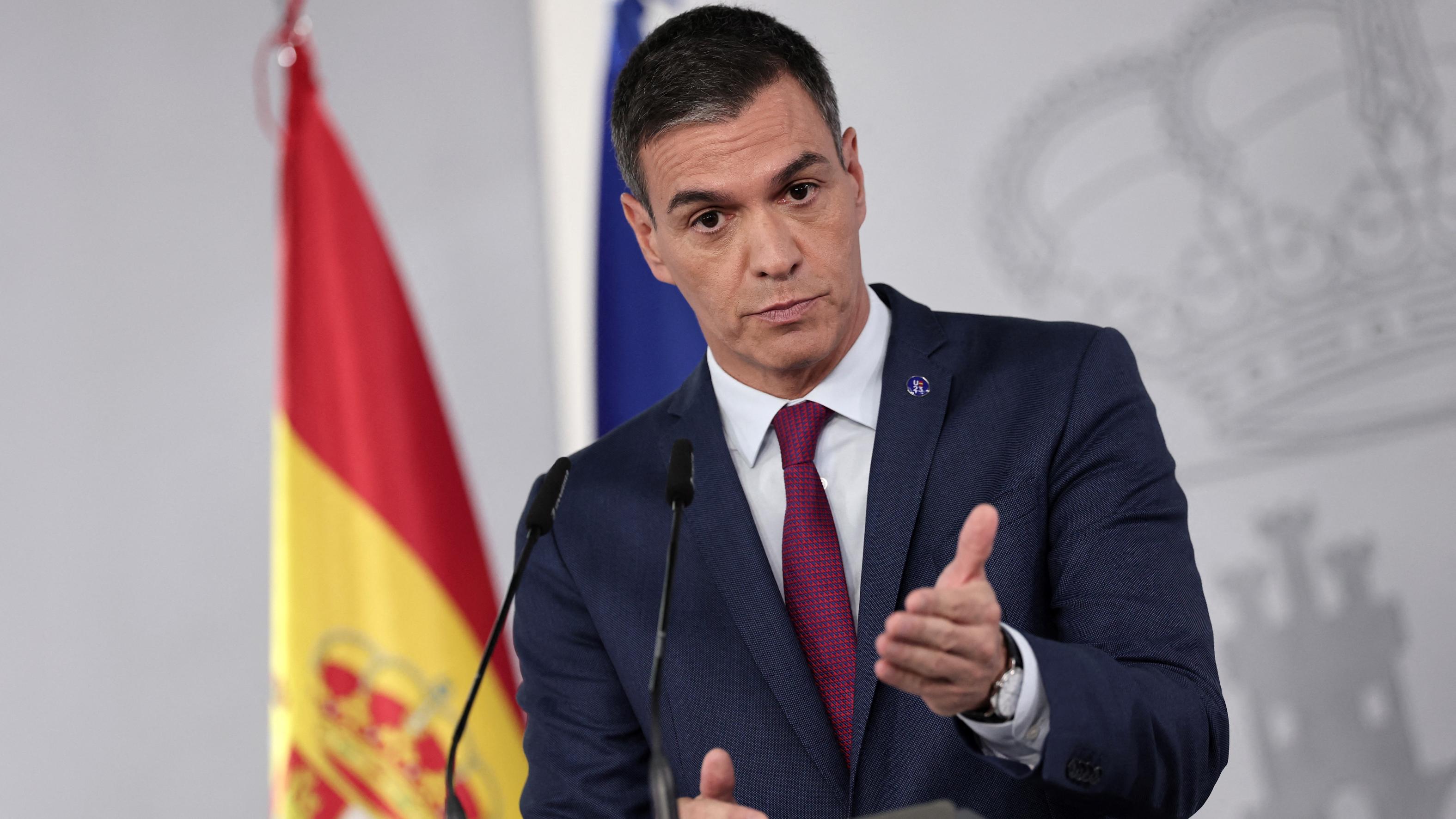 Yolanda Diaz, leader of the left-wing coalition Sumar, celebrates with supporters after official results in Spain's general election in Madrid, on July 23, 2023. (PHOTO / AP)
Yolanda Diaz, leader of the left-wing coalition Sumar, celebrates with supporters after official results in Spain's general election in Madrid, on July 23, 2023. (PHOTO / AP)
MADRID - Spain's Socialist Party and the hard-left Sumar have reached a coalition agreement to form a new government, both parties said on Tuesday, with the deal including a proposal to reduce working hours without changing salaries.
The agreement came after acting Prime Minister Pedro Sanchez met with Sumar leader and acting Labour Minister Yolanda Diaz on Monday. Sanchez requires the support from Sumar's 33 lower-house lawmakers - as well as from other parties, including some advocating for Catalan and Basque independence - in his bid to renew his term as premier.
"This governing deal for a four-year legislative term will allow our country to continue growing in a sustainable manner and with quality employment, developing policies based on social and climate justice while broadening rights, feminist conquests and freedoms," the parties said in a joint statement.
ALSO READ: Spanish king nominates Pedro Sanchez for premiership bid
 Spain's acting Prime Minister Pedro Sanchez gestures as he delivers a speech at La Moncloa Palace in Madrid on Oct 3, 2023 after meeting King Felipe VI as part of consultations aiming at proposing a new candidate for investiture. (PHOTO / AFP)
Spain's acting Prime Minister Pedro Sanchez gestures as he delivers a speech at La Moncloa Palace in Madrid on Oct 3, 2023 after meeting King Felipe VI as part of consultations aiming at proposing a new candidate for investiture. (PHOTO / AFP)
The agreement also includes plans to reduce youth unemployment, reinforce the public healthcare system, boost public housing, raise emission reduction targets and a tax reform targeting banks and large energy companies, the statement added.
While Sumar's support is crucial, it is not enough to secure Sanchez's investiture in the lower house. He still needs the backing of Catalan separatists, who are demanding an amnesty law to mass pardon people involved in the region's failed independence bid of 2017.
READ MORE: Spanish Socialists lose seat, making it harder to form govt
If the Socialists and Catalan pro-independence parties fail to reach an agreement, the country will go to another election in January in which voters could hand a centre and far-right coalition the absolute majority it narrowly missed out on in the last vote on July 23.



